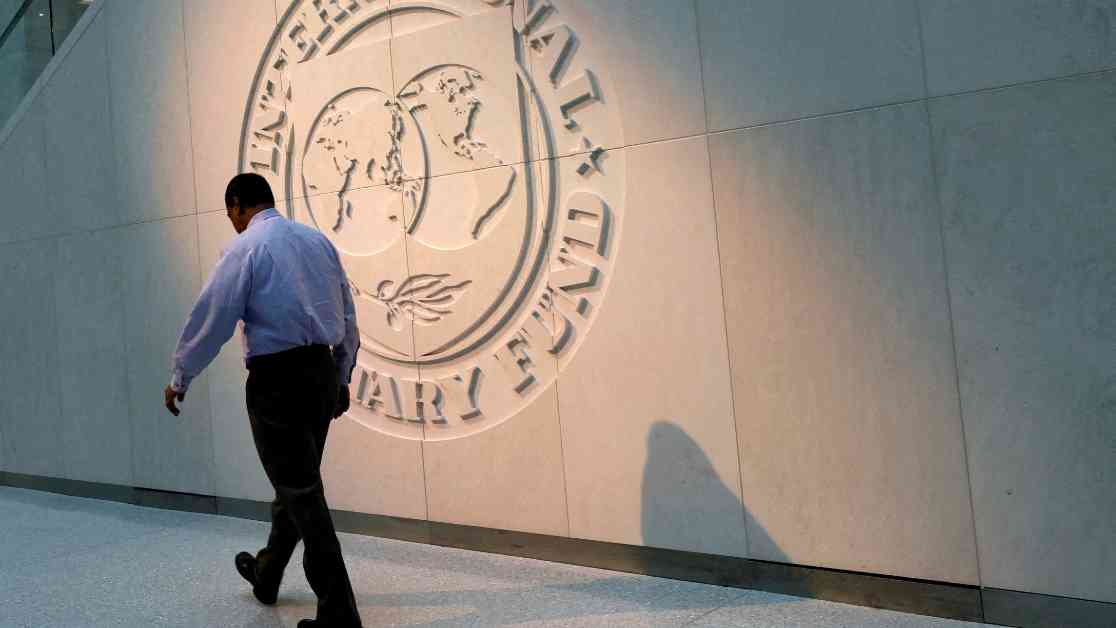The International Monetary Fund (IMF) has come under fire for maintaining surcharge measures that are believed to be widening the gap in climate finance support. According to Boston University researcher Marina Zucker-Marques, even after the reform, countries will still be required to pay billions of dollars to the IMF instead of using those funds to support climate resilience efforts.
Critics argue that these “unfair fees” such as surcharges are exacerbating the climate finance gap. Countries like Ukraine, Egypt, Argentina, Ecuador, and Pakistan have been particularly affected by these surcharges. Despite recent changes to the surcharge rules, it is estimated that around 90 million people in eight countries will still be outside the scope of these reforms.
Marina Zucker-Marques suggests that the IMF’s decision to maintain these surcharges may be driven by ideological reasons rather than practical considerations. She emphasizes that the funds being directed towards these surcharges could be better utilized to support climate initiatives in vulnerable countries.
The debate surrounding the IMF’s surcharge reforms highlights the ongoing challenges in ensuring adequate support for climate finance. As the effects of climate change become increasingly severe, it is crucial for international organizations like the IMF to prioritize climate resilience and adaptation efforts.
Efforts to address the climate finance gap should involve a collaborative approach that considers the needs of developing countries that are most vulnerable to the impacts of climate change. By reevaluating existing financial mechanisms and ensuring that funds are directed towards climate initiatives, the global community can work towards a more sustainable and resilient future for all.


















